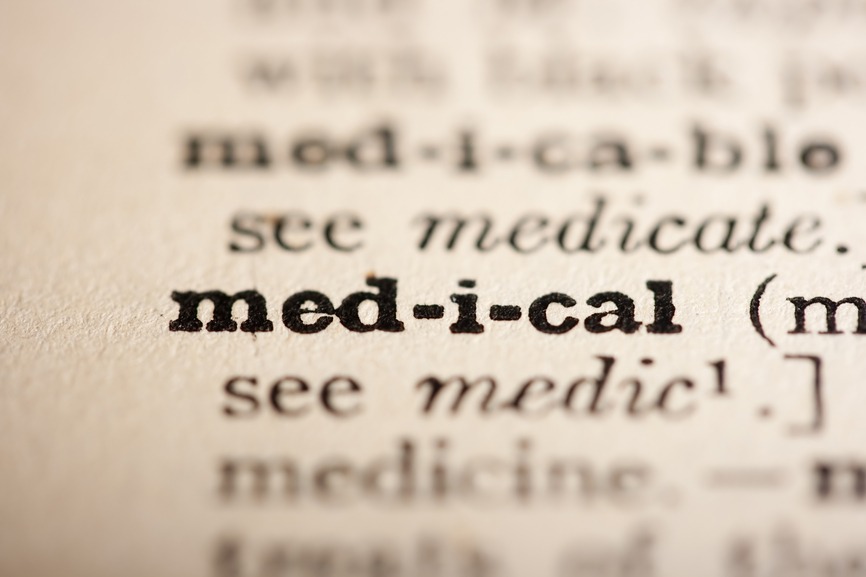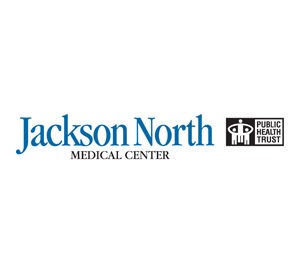 Survivor actions and medical malpractice claims are not the same things.
Survivor actions and medical malpractice claims are not the same things.
A survivor action is a lawsuit filed by the estate of a deceased individual for damages suffered by the patient before their death. The plaintiff in a survivor action could qualify for compensation for their loved one’s medical costs, emergency care, pain and suffering, and emotional anguish.
At Medical Malpractice Help, we can help you understand how to file a survivor action and medical malpractice law. Our medical malpractice lawyers will go over the details of your case to help you choose the best option. Call us today at 888-526-8947 for a free case consultation.
What Is the Difference Between a Survivor Action and a Wrongful Death Claim?
A survivor action differs from a wrongful death action because it seeks compensation only for the losses incurred while the deceased was still alive. A wrongful death claim often includes compensation for:
- Funeral costs.
- Loss of future income.
- Loss of companionship.
If your loved one suffered serious injuries after a surgical mistake, for example, a survivor action could help you recover compensation for any expenses and suffering they experienced between the time of the error and their death.
When Is a Survivor Action Appropriate in Medical Malpractice Law?
A survivor action may be appropriate in any situation where the victim’s injuries are not immediately fatal. The more time that elapses between the initial injury and death, the more likely it is that the deceased’s loved ones have cause for a survivor action.
Damage Awards in a Survivor Action
Depending on the state, survivor action awards can be substantial, and they can include both economic and non-economic damages. Economic damages are ones involving actual financial losses, like medical costs and lost wages. Non-economic damages refer to losses that cannot be quantified.
In some states, there is no limit on the damage awards in a survivor action. Other states cap only non-economic damages.
When Is a Wrongful Death Lawsuit Appropriate?
Wrongful death applies to any medical malpractice case where a patient dies as the result of a healthcare provider’s breach of the standard of care.
As opposed to survivor action claims, wrongful death claims seek compensation for the family’s losses suffered after the victim’s death. These losses include:
- Loss of future income.
- Loss of companionship.
- Loss of parental guidance.
- Survivors’ mental anguish.
- Funeral costs.
Any cost that a plaintiff can reasonably argue they incurred as a direct result of their loved one’s death might be recoverable in a wrongful death claim.
We can evaluate your situation and determine if you should pursue a survivor action claim, a wrongful death claim, or both.
How Can I Discuss My Legal Options With a Malpractice Attorney?
At Medical Malpractice Help, we want to help you pursue compensation for the losses you and your loved one suffered due to a doctor’s negligence. We offer free consultations and are happy to answer all your questions and provide guidance. To schedule an appointment, call 888-526-8947 today.
Survivor Action - Frequently Asked Questions

A person with locked-in syndrome can see, hear, think clearly, recognize faces, and understand everything that is going on around him or her. But aside from the muscles controlling the eyes, he or she cannot move a single body part, nor can he or she speak or even breathe without assistance. Locked-in syndrome is one
Read More
Several parties may be to blame for wrong-site surgery. These parties include: The surgeon Anyone on the surgeon’s surgical team The facility at which the surgery took place If you were a victim of wrong-site surgery, the medical malpractice lawyers at Newsome | Melton can investigate your case and identify all those who are responsible.
Read MoreSurvivor Action - News Articles

Last year, The Missouri Supreme Court struck down a legislative cap set on the amount awardable for “pain and suffering” in medical malpractice suits, ruling that the cap violated a patient’s right to a jury trial, according to the St. Louis Post-Dispatch. The cap was originally set at $350,000 and was established in 2005. Recently,
Read More
Teenage Shooting Victim’s Family Files Medical Malpractice Lawsuit Against Florida Hospital for Negligence in His Death Brian Brown was getting ready to start his freshman year at Merced College in California, where he had received a full scholarship to play football. Before moving from Florida , Brown needed to make some extra cash for living
Read More